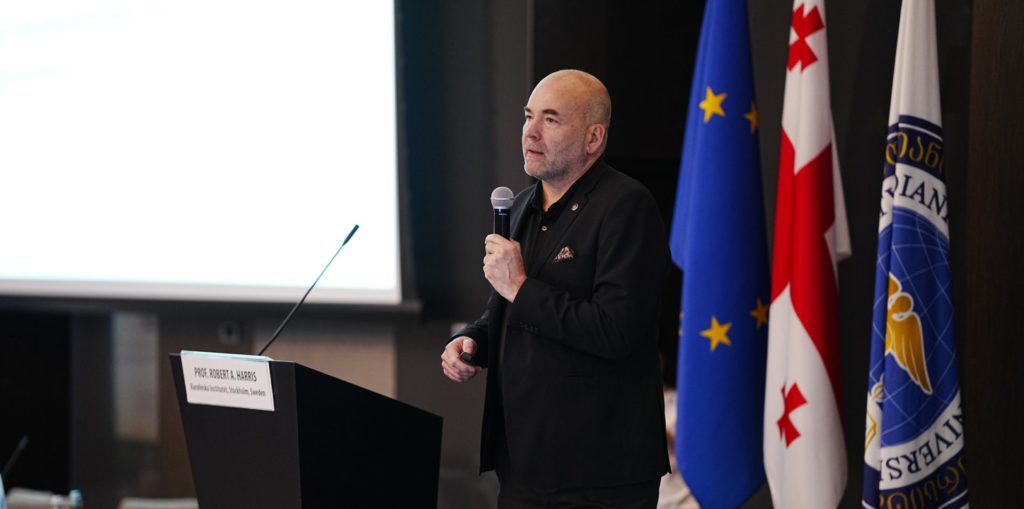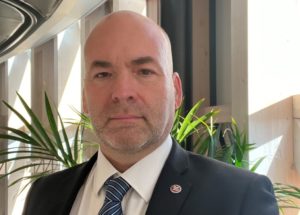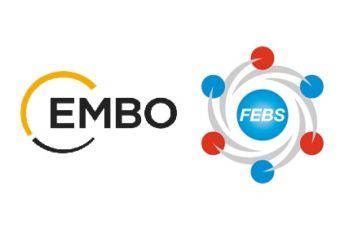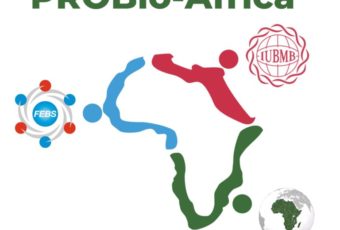
On its 60th anniversary year, FEBS has launched the prestigious FEBS Education Award to highlight and honour an educator with a distinguished teaching and training career path in the field of molecular life sciences. The selection of the awardees is made from nominations from or supported by the FEBS Constituent Societies.
We are delighted to announce the inaugural recipient of the FEBS Education Award is Prof. Robert A. Harris, nominated by the Swedish Society for Biochemistry, Biophysics & Molecular Biology (SSBBMB).
Prof. Ferhan G. Sağın, FEBS Executive Committee member and Chair of the FEBS Education and Training Committee, says, “This award not only underscores the essential role of education and training in the life sciences but also celebrates those who dedicate themselves to elevating the scientific understanding and capabilities of the next generation. Prof. Harris’s unwavering commitment to developing innovative educational programs and his profound impact on the academic and professional growth of countless young scientists exemplify the spirit and purpose of this award. We are honoured to recognize his outstanding contributions and are inspired by his passion and dedication to nurturing future leaders in biomedical research.”
On hearing of the award, Prof. Robert Harris commented, “I am extremely honoured to be the very first recipient of this prestigious award, and am extremely grateful to FEBS for recognizing my efforts to inspire the professional development and learning of new generations of biomedical researchers.”
 Robert A. Harris is Professor of Immunotherapy in Neurological Diseases, and Academic Vice-President of Doctoral Education, at the Karolinska Institutet, Stockholm, Sweden. His BSc, DPhil and initial postdoc studies were in the UK, and he then moved to the Karolinska Institutet in 1994, where he later became an independent research group leader, working on myeloid cell biology and immunotherapy. The current focus of his research is development of novel immunotherapies for incurable neurodegenerative diseases.
Robert A. Harris is Professor of Immunotherapy in Neurological Diseases, and Academic Vice-President of Doctoral Education, at the Karolinska Institutet, Stockholm, Sweden. His BSc, DPhil and initial postdoc studies were in the UK, and he then moved to the Karolinska Institutet in 1994, where he later became an independent research group leader, working on myeloid cell biology and immunotherapy. The current focus of his research is development of novel immunotherapies for incurable neurodegenerative diseases.
In the university education field, Harris is an inspiring and knowledgeable leader, lecturer and teacher, who has had a major impact on doctoral education at the Karolinska Institutet and internationally.
He has taught extensively at undergraduate (27 courses), Master’s (4 courses) and postgraduate (63 courses) levels for medical, biomedical and biology students, at the Karolinska Institutet and also at other universities in Sweden and abroad. He has also mentored 27 MSc theses, 30 PhD theses and supervised 5 postdoctoral fellows.
At the Karolinska Institutet, Harris was director of Doctoral Studies at departmental (2005-2018) and institute (2008-2018) levels, before becoming Academic Vice President for Doctoral Education. He has designed professional development teaching courses aimed at PhD supervisors (at both basic and advanced levels, covering topics such as responsibilities, outcomes, giving feedback, and conflict resolution) or at research group leaders, as well as introductory courses for PhD students. He also introduced new pedagogical tools (exit polls for students, and checks on supervisors before PhD positions are advertised) to raise the professional standard of PhD supervision, and with a colleague has created educational videos to explain doctoral educational and research support and to increase awareness of equity, diversity & inclusivity.
At the international level, Harris has received many invitations to directly train or inspire in house training of PhD supervisors at other European universities, has been an international evaluator of doctoral programmes at several universities, and has lectured at FEBS and FEBS Constituent Society education events. He was President of ORPHEUS (‘The Organisation for PhD Education in Biomedicine and Health Sciences in the European System’) from 2014 to 2022, where he oversaw development of the current ‘Best Practices in Doctoral Education’ handbook and contributed to a new 3-stage ORPHEUS accreditation process, which has had a major impact of development of quality assurance processes for doctoral programmes in three continents.

